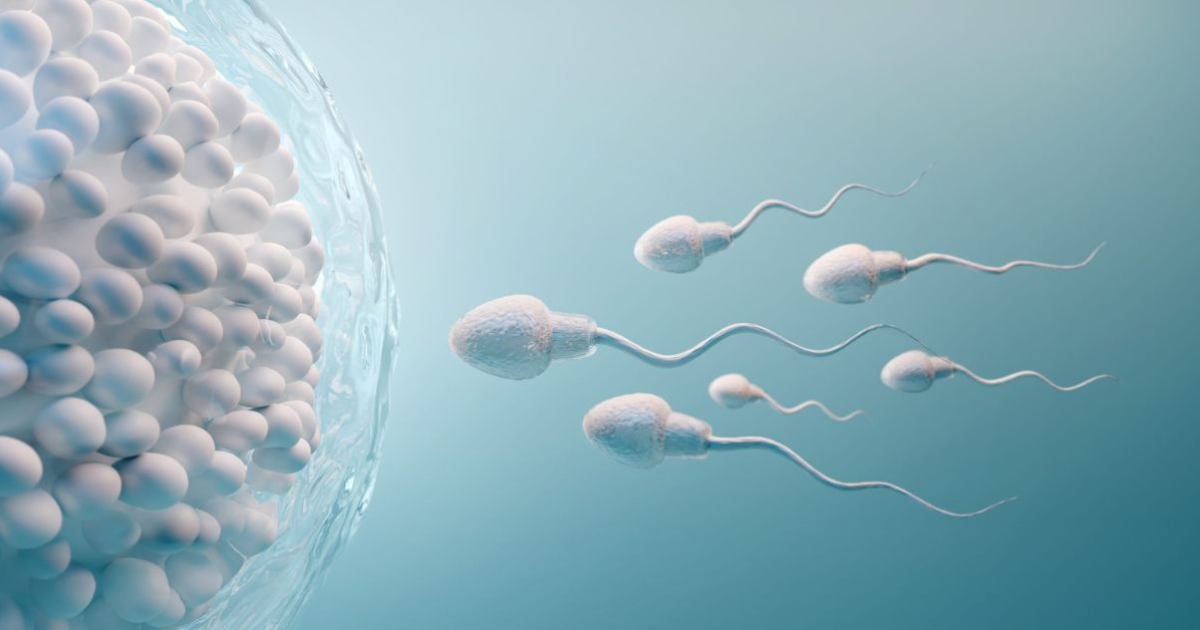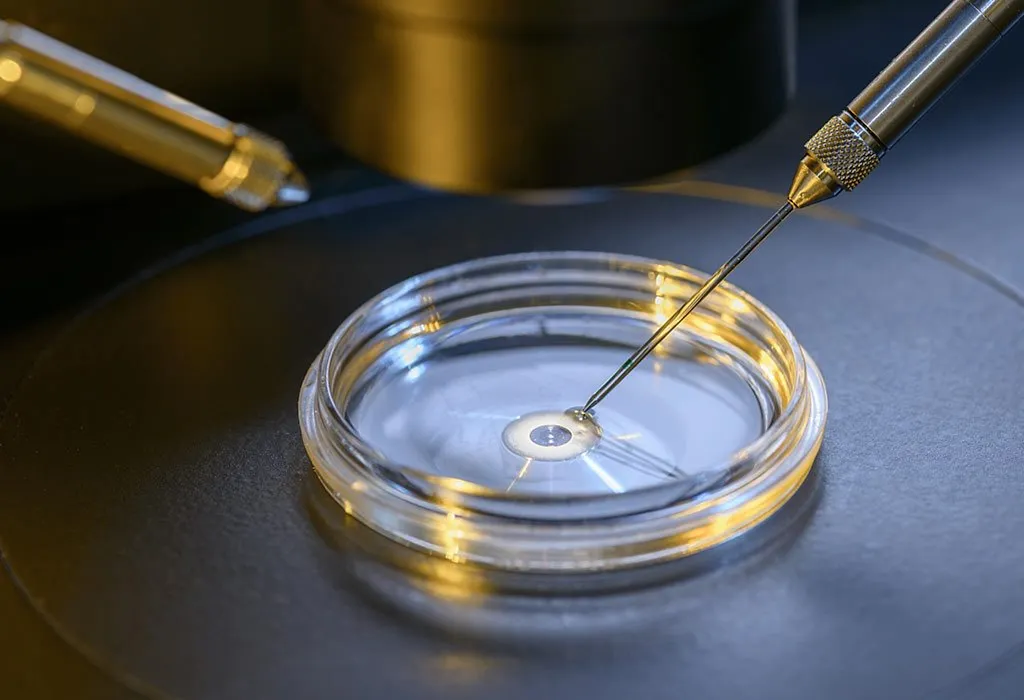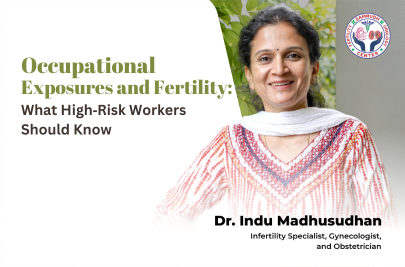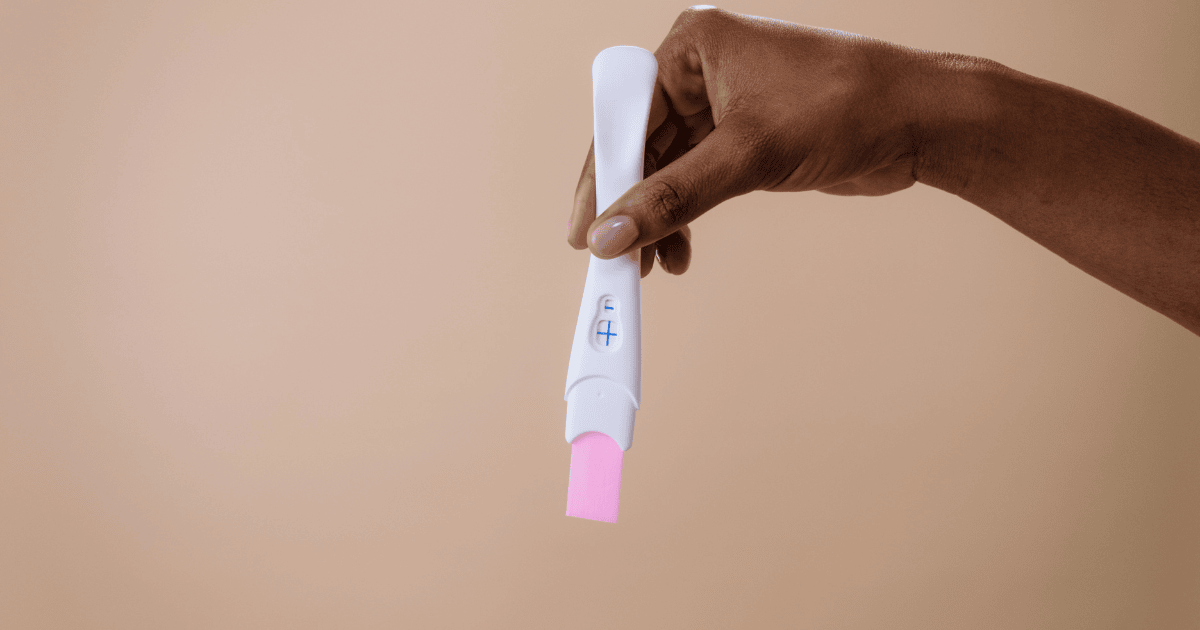In recent years, fertility specialists across the world have observed a concerning trend: more couples experiencing unexplained fertility challenges despite normal reports and regular cycles. While genetics, age, and lifestyle remain key factors, environmental exposure to endocrine-disrupting chemicals (EDCs) is emerging as a critical and often overlooked contributor to reproductive health issues in both men and women.
EDCs are not rare or industrial-only toxins. They are present in daily-use plastics, cosmetics, food packaging, pesticides, and even drinking water, leading to continuous low-dose exposure over years. Research now shows that this chronic exposure can interfere with hormone balance, egg and sperm quality, and long-term reproductive potential.
This blog explains:
What endocrine disruptors are
Where everyday exposure comes from
How they affect male and female fertility
What current data and trends show
Practical steps to reduce exposure
How fertility-focused evaluation can help identify and manage these risks
What Are Endocrine Disrupting Chemicals (EDCs)?
Endocrine disruptors are chemical substances that interfere with the body’s hormonal system. They can:
Mimic natural hormones (like estrogen)
Block hormone receptors
Alter hormone production or metabolism
Disrupt hormone signaling at critical life stages
Even small hormonal imbalances can have a significant impact on ovulation, sperm production, implantation, and pregnancy maintenance.
Common Endocrine Disruptors and Their Sources
| Endocrine Disruptor | Common Sources | Reproductive Concern |
|---|---|---|
| Bisphenol A (BPA) | Plastic bottles, food containers, can linings | Reduced egg quality, altered sperm DNA |
| Phthalates | Cosmetics, fragrances, PVC, medical tubing | Lower sperm count, hormonal imbalance |
| Parabens | Skincare, cosmetics, pharmaceuticals | Estrogen mimicry, cycle disruption |
| Pesticides | Fruits, vegetables, grains | Ovulatory disorders, sperm toxicity |
| Heavy Metals (Lead, Mercury) | Contaminated water, seafood, industry exposure | Miscarriage risk, sperm damage |
Because these chemicals are fat-soluble, they accumulate in the body over time, rather than being eliminated quickly.
How Endocrine Disruptors Affect Female Reproductive Health
Hormonal balance is central to female fertility. Disruption at any level brain, ovaries, uterus, or thyroid can affect conception.
Key Female Fertility Effects Linked to EDC Exposure
Irregular or absent ovulation
Hormonal imbalance affecting estrogen progesterone ratio
Reduced ovarian reserve or egg quality
Inflammatory changes in the uterus
Difficulty with implantation
Conditions Associated with EDC Exposure
| Condition | How EDCs Contribute |
|---|---|
| PCOS | Insulin resistance, androgen imbalance |
| Endometriosis | Estrogen dominance and inflammation |
| Unexplained Infertility | Normal tests but disrupted hormonal signaling |
| Early Ovarian Ageing | Oxidative stress on ovarian tissue |
A review published in PubMed highlights that women with higher exposure to BPA and phthalates showed altered hormone levels and reduced fertility outcomes, even when cycles appeared regular.
Impact of Endocrine Disruptors on Male Fertility
Male fertility is highly sensitive to environmental toxins. Unlike eggs, sperm are continuously produced making them vulnerable to ongoing chemical exposure.
Documented Effects on Male Reproductive Health
Reduced sperm count and concentration
Poor sperm motility and morphology
Increased sperm DNA fragmentation
Lower testosterone levels
Disrupted testicular development
What the Data Shows
| Parameter | Observed Impact with High EDC Exposure |
|---|---|
| Sperm count | Decline of up to 40% in some studies |
| Motility | Reduced progressive movement |
| DNA integrity | Increased fragmentation rates |
| Hormonal balance | Suppressed testosterone levels |
Multiple studies have linked BPA and phthalate exposure to declining sperm parameters, even in otherwise healthy men with no obvious lifestyle risks.
Prenatal and Early-Life Exposure: Why Timing Matters
Exposure to endocrine disruptors during pregnancy, infancy, and childhood can permanently alter reproductive development.
Potential Long-Term Effects
Altered reproductive organ development
Increased risk of fertility issues in adulthood
Early puberty or delayed sexual development
Neurodevelopmental concerns linked to hormonal pathways
The International Journal of Environmental Research and Public Health emphasizes that early-life exposure may have irreversible effects, making prevention and awareness especially important.
Global Trends: Why Fertility Experts Are Paying Attention
Across the world, fertility trends are shifting:
Global sperm counts have declined by over 50% in the last 40 years
More couples present with normal reports but delayed conception
Hormonal disorders are being diagnosed earlier and more frequently
While lifestyle and stress play a role, environmental hormonal disruption is now considered a contributing factor, especially in urban populations with high plastic and chemical exposure.
Practical Strategies to Reduce Endocrine Disruptor Exposure
While complete avoidance is impossible, risk reduction is achievable.
Everyday Steps That Matter
- Use glass or stainless steel for food and water storage
- Avoid heating food in plastic containers
- Choose paraben- and phthalate-free personal care products
- Wash fruits and vegetables thoroughly; prefer organic where possible
- Filter drinking water to reduce heavy metals and residues
- Reduce processed and packaged food intake
Small, consistent changes can significantly reduce cumulative exposure over time.
A Fertility-Focused Perspective: Why Evaluation Matters
Many individuals focus on timing and effort but overlook environmental and hormonal context. Fertility health is not just about cycles or counts it is about how the body responds at a cellular and hormonal level.
How Samrudh Fertility and Urology Centre Approaches This
At Samrudh Fertility and Urology Centre, Dr. Indu Madhusudan integrates environmental and hormonal factors into fertility evaluation by offering:
Individual fertility health assessments
Hormonal and metabolic evaluation
Lifestyle and exposure-related guidance
Evidence-based reproductive planning
By identifying hidden disruptors early, many couples gain clarity and direction instead of continuing without answers.









